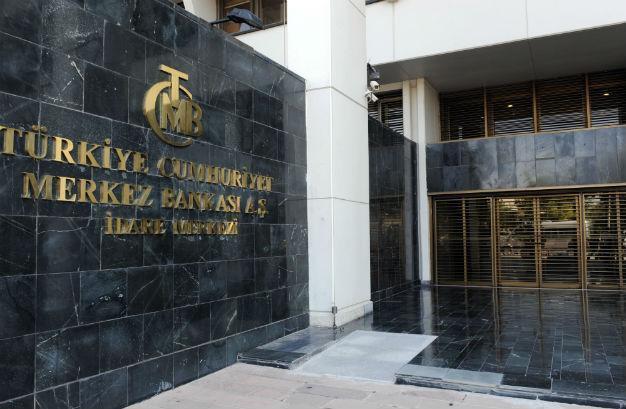Turkey’s Central Bank takes step to simplify policy
ANKARA – Anadolu Agency

Turkey’s central bank decided to take a measured step toward simplification as global volatility eased to some extent, reducing the need for a wide interest rate corridor, the bank said on March 25.
According to the bank, improvement in the underlying core inflation trend remains limited, necessitating the maintenance of a tight liquidity stance.
The Central Bank held key interest rates at their current levels, apart from marginal funding rate on March 24. The one-week repo rate will be kept at 7.5 percent, while the borrowing rate will remain at 7.25 percent.
The overnight lending rate will be cut from 10.75 to 10.5 percent.
“Headline inflation has declined recently, but core indicators have remained at high levels due to lagged impact of exchange rate developments,” the Central Bank said in its presentation to economists, according to the bank’s website on March 25.
The bank’s move was expected by economists, a majority of whom had forecast a hold in rates and a simplification of the monetary policy structure - as promised by the Central Bank in August.
The country’s annual inflation fell to 8.78 percent in February of the year from 9.58 percent in January, while annual inflation on a 12-month moving average basis rose to 8.45 percent over the same period, the Turkish Statistics Agency (TÜİK) said on March 3.
Turkey’s Central Bank forecasts the year-end inflation at 7.5 percent.
The bank said cost push inflationary pressures have eased in recent months due to a gradual fall in imported input prices. “Medium-term inflation expectations have slightly improved in March,” it added.
According to the bank, recently, global volatility has eased to some extent and risk appetite has improved. “As a response, portfolio flows to emerging economies have displayed some recovery in recent weeks,” the bank said.
The volatility of the Turkish lira has declined relatively since the adoption of the policy instruments set out in the August 2015 roadmap, the bank also said.
“Forex demand is expected to decline significantly in the upcoming periods due to improvement in the current account deficit and low energy prices.
Meanwhile, the FX liquidity tools will continue to be used to stabilize the value of the Turkish Lira,” the bank added.
Also, Turkish central bank said March 25 its 2015 net profit rose 60.4 percent to 13.9 billion lira ($4.8 billion).
The bank’s net profit for 2014 was 8.6 billion liras.
 Turkey’s central bank decided to take a measured step toward simplification as global volatility eased to some extent, reducing the need for a wide interest rate corridor, the bank said on March 25.
Turkey’s central bank decided to take a measured step toward simplification as global volatility eased to some extent, reducing the need for a wide interest rate corridor, the bank said on March 25.